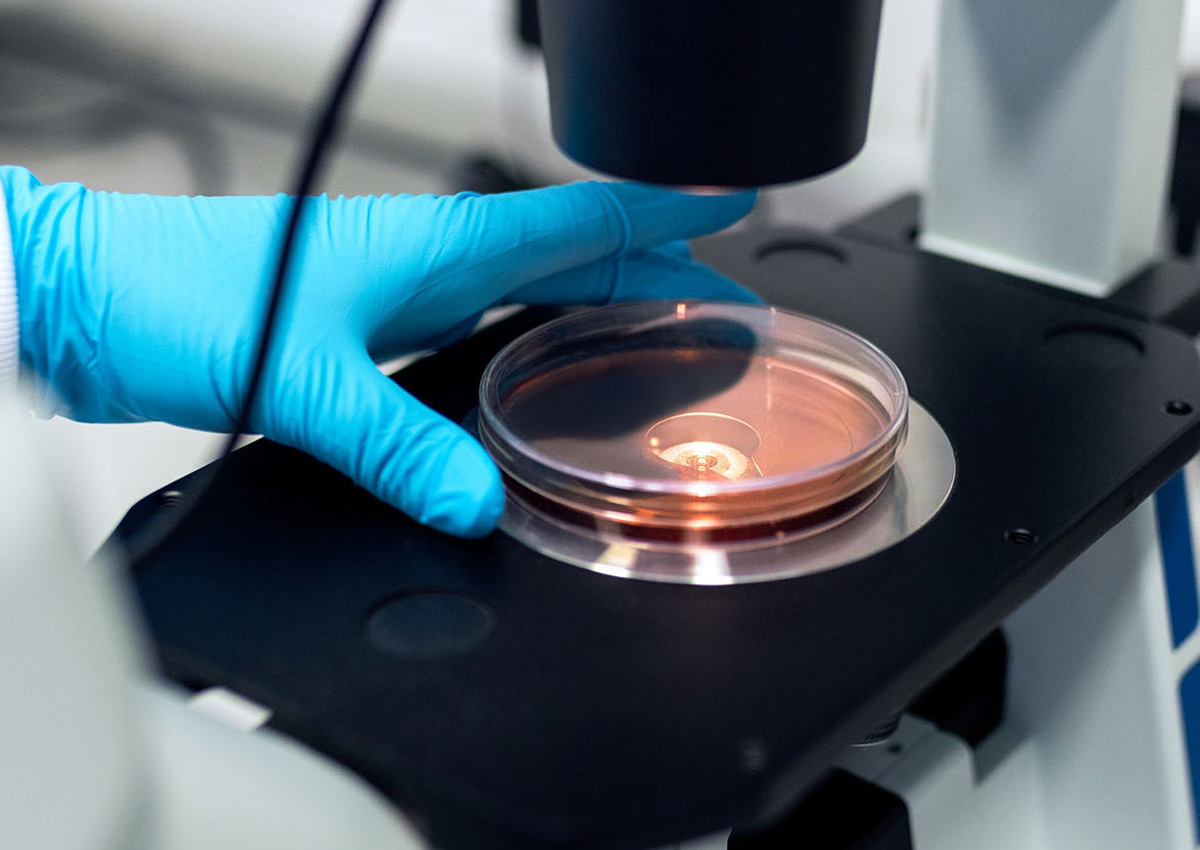
Genetically Engineered Probiotic Yeast Produces Beta-Carotene
April 14, 2021| |
Researchers at North Carolina State University (NC State) have genetically engineered a probiotic yeast to produce beta-carotene in the guts of laboratory mice.
The study focused on the probiotic yeast Saccharomyces boulardii. It is considered a probiotic as it survives and thrives in the gut while other yeast species either cannot tolerate heat or broken down by stomach acid. Previous research has been successful in genetically engineering baker's yeast, S. cerevisiae, used in a wide variety of biomanufacturing applications. Nathan Crook, assistant professor of chemical and biomolecular engineering at NC State, and his team were surprised to learn that most of the S. cerevisiae tools worked in S. boulardii.
Once this was established, they modified S. boulardii to produce beta-carotene. Beta-carotene is orange, and they saw colonies of yeast on a petri dish change in color. Researchers tested the modified S. boulardii in a mouse model and found that the yeast cells successfully created beta-carotene in the guts of mice. Crook says this is a proof of concept and there are a lot of outstanding questions regarding their research, but they are excited that the tools are now available for use by other researchers.
For more details, read the article in NC State News.
| |
You might also like:
- Gene Editing Used to Develop Vitamin A-fortified Rice
- Biofortification of Beta-carotene in Cassava Enhances Provitamin A Content and Shelf Life
- Pocket K No. 27: Biotechnology and Biofortification
Biotech Updates is a weekly newsletter of ISAAA, a not-for-profit organization. It is distributed for free to over 22,000 subscribers worldwide to inform them about the key developments in biosciences, especially in biotechnology. Your support will help us in our mission to feed the world with knowledge. You can help by donating as little as $10.
-
See more articles:
-
News from Around the World
- Kenya's Agricultural Reforms Set to Bolster Bt Cotton Commercialization
- Genetically Engineered Probiotic Yeast Produces Beta-Carotene
- Experts Encourage Farmers in Pakistan to Plant Bt Cotton
- Bacteria Help Plants Grow Better, Lessen Need for Fertilizer
- Study Shows Effective Zinc Fertilization through Leaves in Wheat
- Biosensor Allows Real-Time Monitoring of Auxin in Plants
- Genome Sequencing of 445 Varieties Reveals Domestication History of Cultivated Lettuce
-
Research Highlights
- Stacked Insecticidal Genes Confer Resistance to Colorado Potato Beetle
-
Plant
- Korean Consumers Prefer Gene Edited Products Over GM, Study Finds
- Researchers Use CRISPR to Prevent Eucalyptus Trees from being Invasive
- MIT and UCSF Researchers Create On and Off Switch for CRISPR
-
Health
- NTU Singapore Sheds Light on Link of COVID-19 and Blood Clot Formation
-
Read the latest: - Biotech Updates (February 11, 2026)
- Gene Editing Supplement (January 28, 2026)
- Gene Drive Supplement (February 22, 2023)
-
Subscribe to BU: - Share
- Tweet

